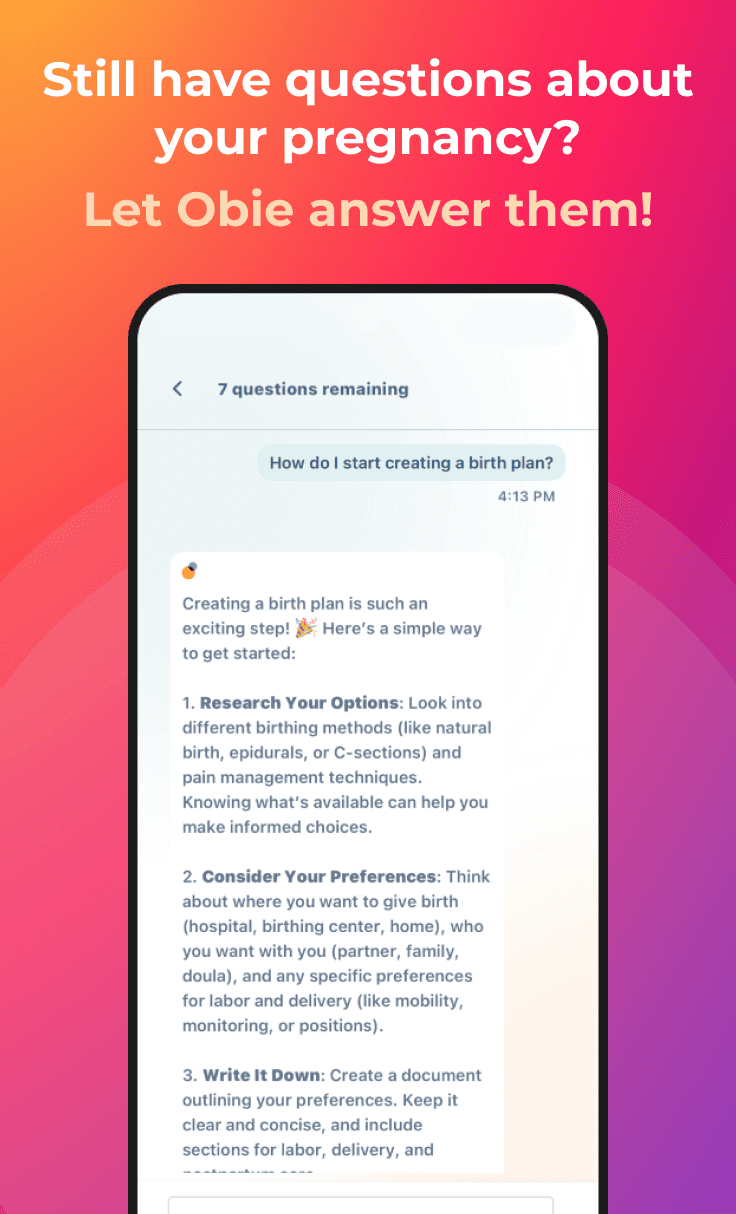Beta hCG Blood levels and Ectopic Pregnancy
Ectopic Pregnancy
Obie Editorial Team
The hormone Human Chorionic Gonadotropin (better known as hCG) is produced during pregnancy by parts of the placenta as early as 2-3 days after implantation or about 11 days after fertilization/ovulation.
Early on in a healthy pregnancy, the hCG titer will typically double every 48 to 72 hours, and then every 72-96 hours or longer, peaking somewhere between 8 and 11 weeks of pregnancy (the end of the second beginning of the third month) and then either plateau or decline and level off for the remainder of the pregnancy It is this early hCG increase that can sometimes give women feelings of ‘morning sickness’.
If doctors think you are at high risk of ectopic pregnancy they may arrange an hCG blood test l and often repeat the scan or blood test in 48 hours and can sometimes take further measurements before they draw final conclusions.
- A declining hCG result is an indicator that the pregnancy has ended and will be miscarried over the next days or weeks. It can also possibly indicate an ectopic pregnancy that is ‘self-resolving’.
- A hCG level that is rising by less than 66% over 48 hours when the hCG is below 1,200 IU means it is likely, but not a certainty, that the pregnancy is ectopic.
- If levels are found to be rising normally, they can give a suggestion, but not a certain answer, that the pregnancy is implanted in the uterus and that the conception date (the date the egg was fertilised) is wrong.
Go to the BabyMed hCG calculator and check if the hCG is rising normally or not.









